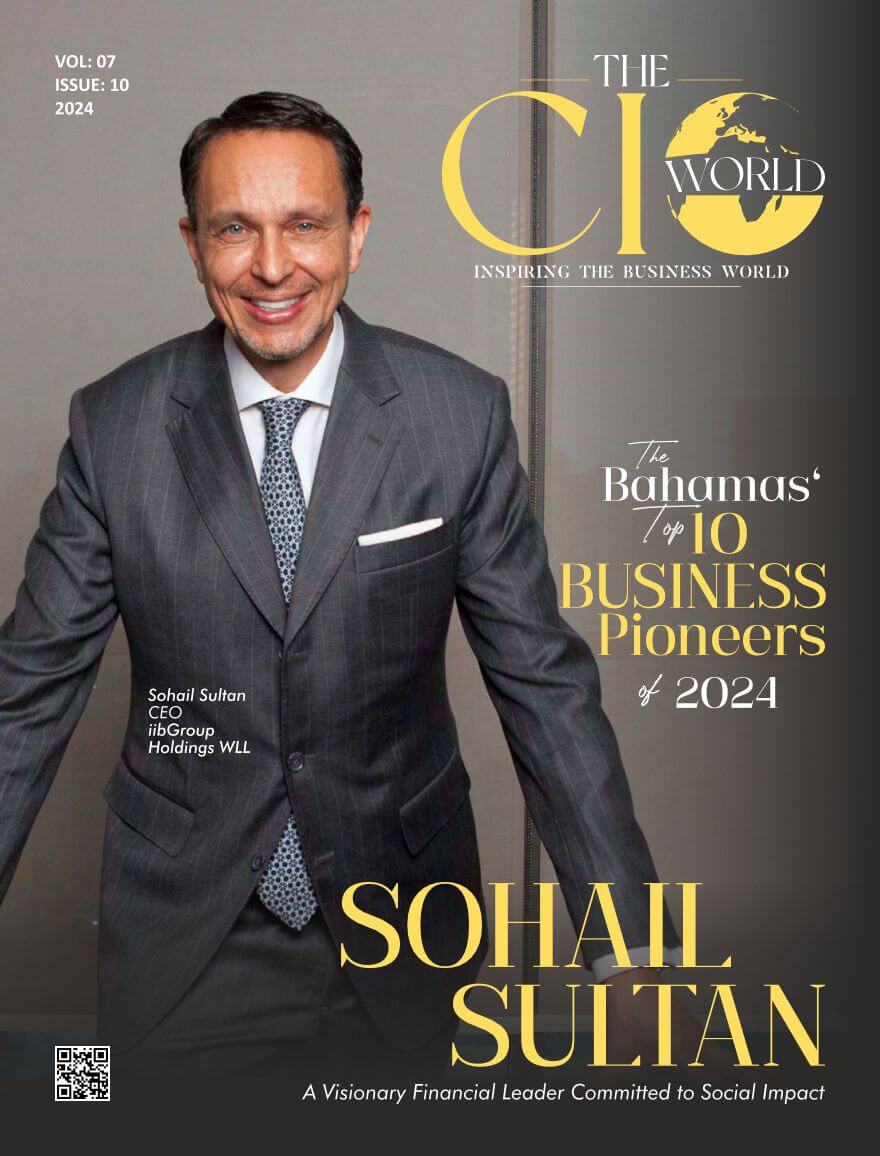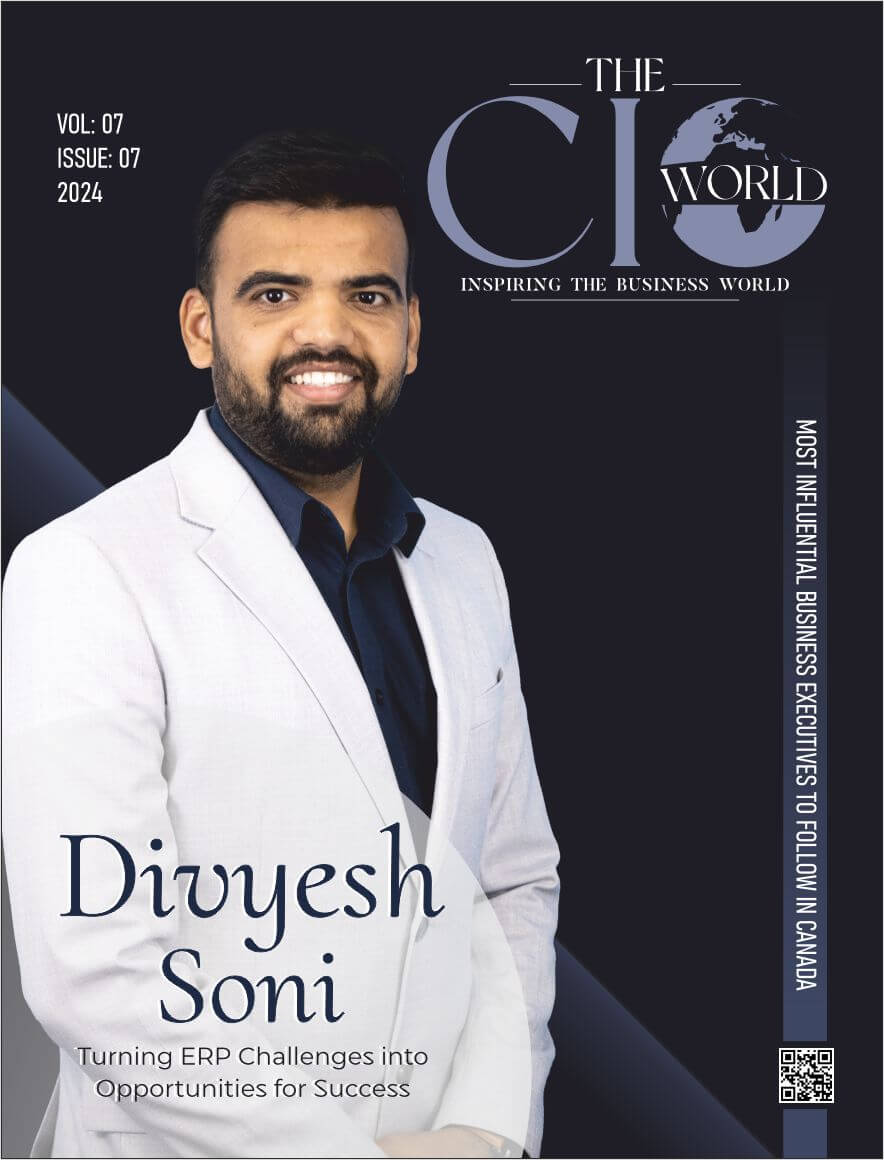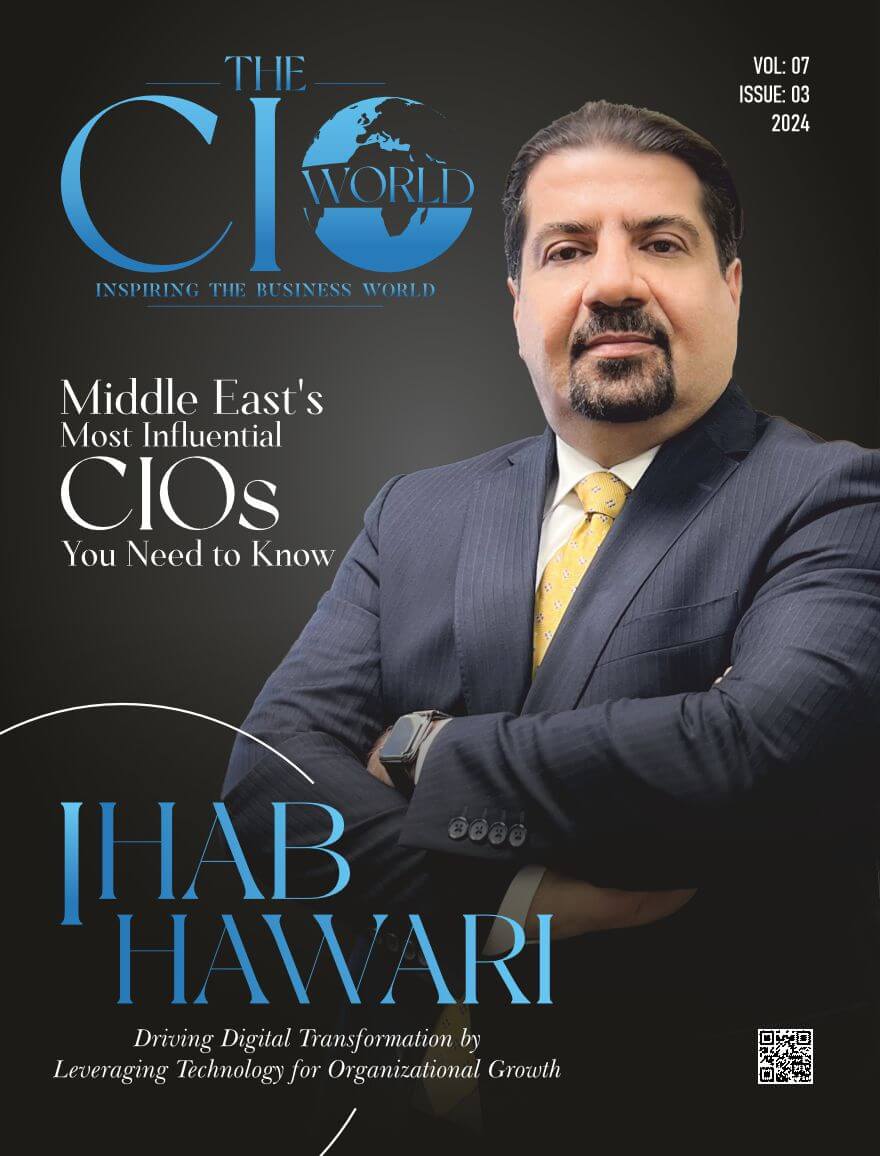A Strategic Guide!
The corporate world is a pressure cooker. Executives face a relentless barrage of challenges: navigating complex markets, driving innovation, motivating teams, and achieving ambitious goals. In this high-stakes environment, many leaders turn to executive coaching to uncover their full potential and propel themselves and their organizations to new heights.
But how exactly does executive coaching work?
This article delves into the core principles, benefits, and coaching process itself, offering valuable insights for executives seeking to elevate their leadership journey.
Understanding the Power of Coaching
Executive coaching is a distinct field from traditional training or consulting. It’s a collaborative, future-focused partnership between a qualified coach and an executive. Unlike training that imparts specific skills, coaching empowers executives to discover their own solutions and develop their leadership style. It’s a confidential and supportive space where executives can explore their challenges, gain clarity, and discover their potential.
Benefits of Executive Coaching
The benefits of executive coaching are well documented and span across various aspects of an executive’s life.
- Enhanced Leadership Skills: Coaching can significantly improve a leader’s ability to motivate and inspire teams, delegate effectively, and make sound decisions under pressure.
- Increased Self-Awareness: Through in-depth conversations and assessments, executives gain a deeper understanding of their strengths, weaknesses, communication styles, and unconscious biases. This self-awareness allows them to make more informed choices and build stronger relationships.
- Improved Strategic Thinking: Coaching helps executives develop a broader perspective and approach challenges strategically. They learn to analyze trends, anticipate future scenarios, and make informed decisions that benefit the organization in the long run.
- Greater Emotional Intelligence: Emotional intelligence (EQ) is a critical skill for effective leadership. Coaching can help executives hone their EQ by teaching them to manage their own emotions, understand the emotions of others, and build stronger rapport with colleagues.
- Enhanced Resilience and Well-Being: The demands of an executive role can take a toll on mental and physical well-being. Coaching equips leaders with strategies to manage stress, maintain a healthy work-life balance, and navigate difficult situations with composure.
The Coaching Process: A Collaborative Journey
The executive coaching process typically unfolds in stages:
- Building the Foundation
The initial phase involves establishing trust and rapport between the coach and the client. The coach will gain a clear understanding of the executive’s goals, challenges, and leadership style. This may involve assessments, in-depth discussions, and exploring 360-degree feedback from colleagues and superiors.
- Goal Setting and Action Planning
Once a comprehensive understanding is established, the coach and the executive will collaboratively define specific, measurable, achievable, relevant, and time-bound (SMART) goals. These goals can encompass leadership development areas, strategic priorities, or personal well-being objectives.
- Exploration and Discovery
The heart of the coaching process lies in exploration and discovery. The coach uses powerful questions, active listening, and various coaching tools to guide the executive towards self-reflection and insights. This may involve exploring the root causes of challenges, uncovering limiting beliefs, and identifying new perspectives.
- Action and Accountability
Coaching isn’t just about introspection; it’s about creating tangible progress. The coach and executive will co-create action plans, setting specific steps and milestones to achieve their goals. Regular check-ins ensure accountability and allow for adjustments as needed.
- Sustainable Growth
Coaching is a journey, not a destination. As the coaching program progresses, the focus shifts towards developing sustainable growth. The executive learns to integrate the skills and insights gained into their daily leadership practice.
Finding the Right Coach: A Vital Piece of the Puzzle
The success of the coaching experience hinges on finding the right coach. Executives should seek a coach with relevant experience, a strong understanding of business dynamics, and a proven track record. Compatibility in terms of personality and coaching style is also crucial for creating a trusting and productive partnership.
Conclusion
Executive coaching is a powerful tool for leaders seeking to transform themselves and their organizations. By fostering self-awareness, enhancing leadership skills, and promoting mental well-being, coaching equips executives to navigate complex environments and achieve lasting success. Whether navigating a challenging merger, developing a high-performing team, or simply becoming a more effective leader, executive coaching can provide the compass and support executives need to reach new heights.







